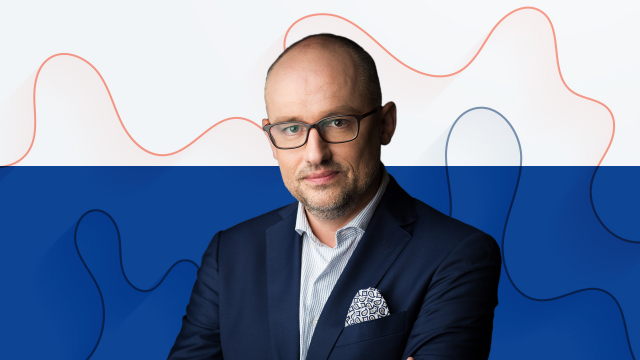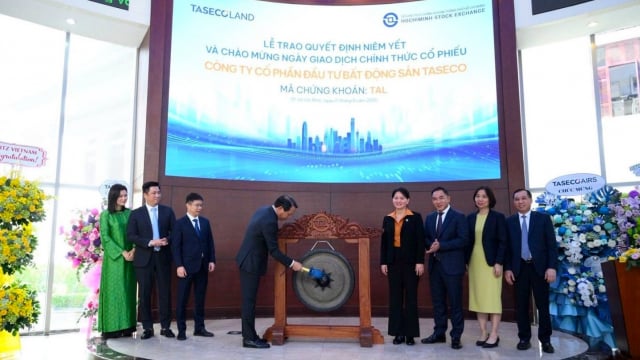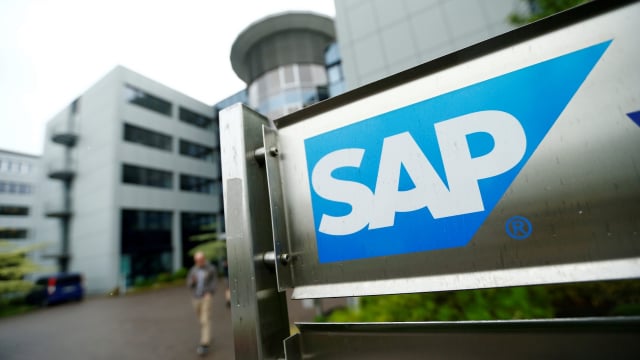Business
Five barriers in boosting the circular economy
Significant challenges remain in terms of gaining widespread buy-in from manufacturers to use of recycled materials instead of virgin raw materials.
In our current economy, people take materials from the Earth to make products, and then throw them away as waste. The process is called linear. In a circular economy, it is significantly different.
The new model is a combination of production and consumption, which involves sharing, leasing, reusing, repairing, refurbishing and recycling existing materials and products as long as possible. In this way, the life cycle of products is extended.
Moving towards a more circular economy could deliver benefits such as reducing pressure on the environment, improving the security of the supply of raw materials, increasing competitiveness, stimulating innovation, boosting economic growth, creating jobs, according to European Union.
In spite of that, Mayuri Wijayasundara, lecture in Deakin University, stated in Weforum that there are some major barriers in applying a circular economy model.
The first is product contamination and variation. When concrete is produced, waste is usually gathered in a mixed stream that has a high level of contamination and varied properties.
The quality of the recycled product can fluctuate and does not always meet the quality standards of typical virgin raw materials.
In fact, there are deep-rooted perceptions that waste-derived, recycled or recovered materials are inferior to virgin materials. However, the concept of “quality” in this context mainly depends on use.
For upcycling to occur, a specific use for the recycled material must be identified at the product design stage - recycling would then happen accordingly.
For example, there are some businesses in Vietnam as Coca Cola, La Vie, Pepsico – members of Packaging Recycling Organization Vietnam (PRO Vietnam) – has redesigned their products, replaced colored plastic bottles with transparent plastic ones, to make it easier and more suitable for recycling after use.
The second challenges is maintaining constant supply. Matching the supply and demand needs of two supply chains requires careful inventory planning to avoid under- or oversupply, then driving up inventory holding costs.
In order to improve the efficiency of collection and recycling activities, some countries have implemented policy called Extended Producer Responsibility (EPR), in which producers are given a significant responsibility – financial and/or physical – for the treatment or disposal of post-consumer products.
Vietnam has also put the policy approach in its Law on Environmental Protection 2020, which is expected to take effect from 2022.
The third difficulties in applying circular economy is modifying the production process.
If the properties of the new material are different to that of the virgin or traditional material, the manufacturing process itself might require modification to accommodate it.
New infrastructure will be needed to process the additional material stream if recovered material partially replaces traditional raw materials in this product. These changes are usually capital intensive and require investment, Mayuri Wijayasundara emphasized.
The next barrier is uncertainty of demand. If manufacturers pass on the additional costs and risks of providing a greener product to the market, demand for that product may not be high enough to create a stable market.
This instability risk discourages producers from investing to scale up their operations to reach economies of scale.
“Creating a stable and consistent market pull for those products will provide producers using recycled materials with the necessary stability to operate, as well as to drive up productivity to compete,” she wrote in Weforum.
The last one is adapting incentive programs. The introduction of new waste-derived, recovered or recycled alternative materials could disrupt these highly-standardised or optimised processes.
The key performance indicators (KPI) of production staff are usually tied to limiting production process variations. Incentivising staff to maintain the status quo in this way increases asset productivity and encourages them to meet production targets.
However, this kind of approach is difficult to maintain when using recycled or recovered material due to the impact on production processes of the variations discussed in the previous points.
Unless traditional incentive schemes are changed to allow for these disruptions – perhaps even welcoming them as innovations or part of a wider green initiative – the traditional performance system will oppose this kind of change or transformation.
How companies are transitioning in circular economy
Samsung Vietnam appoints its first Vietnamese senior executive
Samsung Vietnam appoints Nguyen Hoang Giang to SEVT senior leadership, the first Vietnamese executive in the company’s local manufacturing units.
Michelin leads the smart mobility revolution with data and AI
Michelin is undergoing a strong transformation by applying AI and smart analytic, helping lead the smart, safe, and sustainable mobility revolution in the Industry 4.0 era.
LG Innotek secures $200 million IFC loan following revenue drop
LG Innotek Vietnam Hai Phong secured a $200 million IFC loan as revenue slows, aiming to expand camera module production while meeting sustainability targets.
Leading with empathy in Vietnam’s billion-dollar investment flows
For Koen Soenens, Sales and Marketing Director at DEEP C, empathy is a compass that guides major deals, the way a leader builds a team, and the ambition to create a sustainable industrial zone that carries a Vietnamese identity.
Taseco Land’s new logo marks a new growth trajectory
Taseco Land has shifted its listing to HOSE and introduced a new upward-pointing arrow logo - a visual statement of its strategy to raise capital, expand its land bank, and strengthen its standing in Vietnam’s real estate sector
SAP positions Vietnam as key R&D hub with €150 million investment
Located in the heart of Ho Chi Minh City, SAP Labs Vietnam is the second SAP Labs Network hub in Southeast Asia, following Singapore and is one of 20 countries that have SAP Labs globally.










































